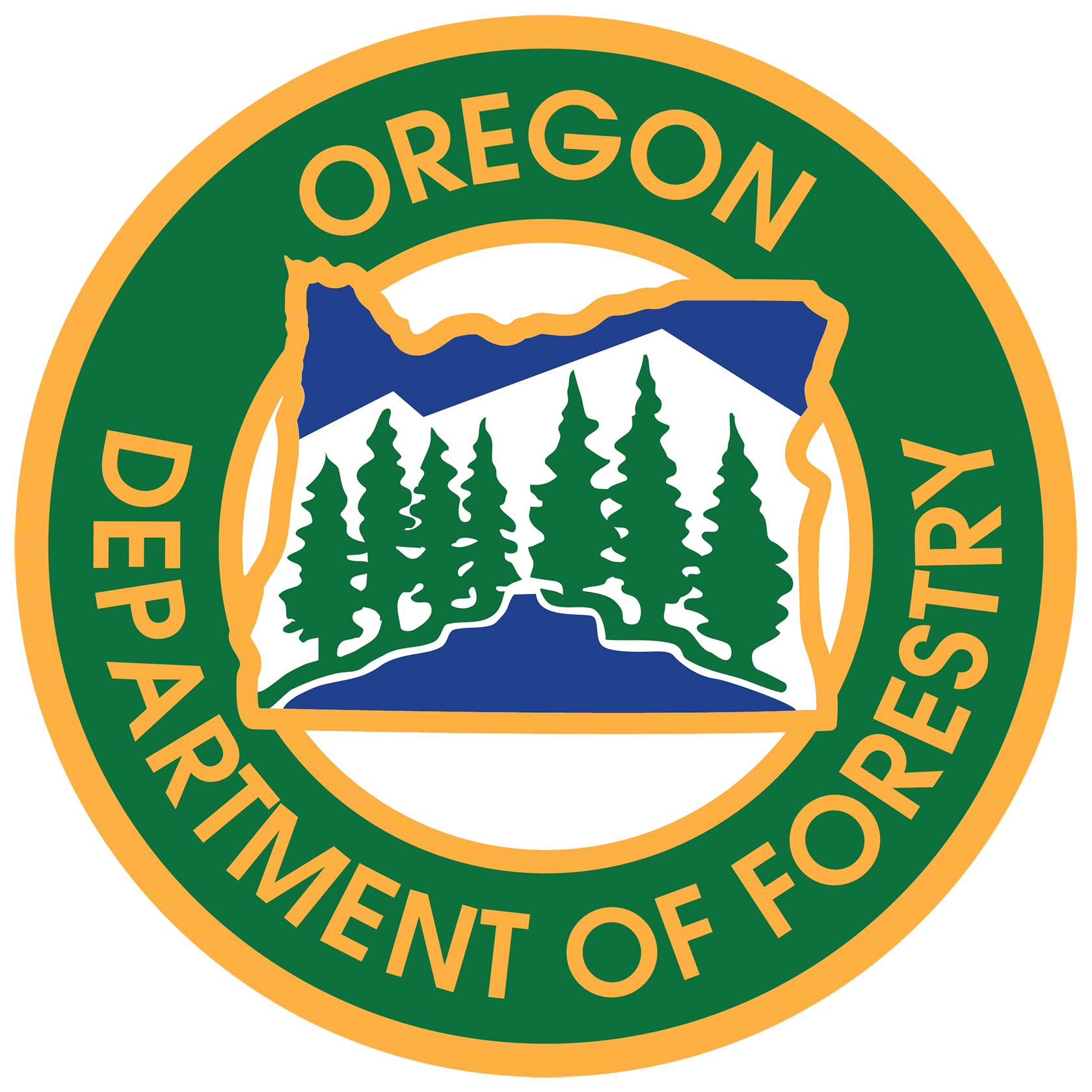Under hot, dry conditions, all types of motorized vehicles can ignite a wildfire. An above average risk of large fires is expected in central Oregon, southwest Oregon, southeast Oregon, and central Washington through August. Fire officials ask for your help. Follow these basic safety tips when you ride or drive to keep an enjoyable outing from turning into a costly, damaging wildfire:
- Ensure all parts of your vehicle are secure and not touching the ground. A loose safety tow chain or muffler dragging on pavement can send a shower of sparks into dry vegetation, igniting not one but several wildfires along a roadside.
- Check your tire pressure and look for signs of wear. Once a flat tire shreds, the bare wheel on pavement can cast sparks onto roadside vegetation. This scenario has resulted in numerous Pacific Northwest wildfires. Likewise, poorly lubricated wheel bearings can overheat and ignite, and the metal-on-metal contact of a worn-out brake can emit sparks. Ensure that they receive regular maintenance.
- Maintain and clean exhaust systems and spark arrestors so they are undamaged and functioning properly. A worn-out catalytic converter can degrade and cast off extremely hot pieces of material, and a faulty spark arrestor can shed hot metal. Engine compartments can collect debris and ignite a spark. Also, regularly inspect the vehicle undercarriage to ensure that fuel and brake lines are intact and no oil leaks are apparent.
- A running vehicle’s exhaust system can reach temperatures up to 2,800 degrees Fahrenheit. Avoiddriving, idling, or parking on tall, dry grass or piles of brush that can touch the underside of a vehicle. A few seconds of contact between dry grass and a hot catalytic converter or exhaust system can start a fire. Operate ATVs on established roads and trails, and park on gravel surfaces or developed roadside pull-outs. Always carry an approved fire extinguisher on vehicles that are used off-road.
- Follow recreational forest laws during fire season, including whether off-road driving is permitted. Report all fires immediately. Keep a cell phone, water, a shovel and a fire extinguisher with you in the event a fire starts. Make sure that your RV’s cooking appliances, generator, and propane system are all working properly.
- Respect private forestlands and their designated closure areas.
Original Author:
Kristin Babbs, Executive Director
Keep Oregon Green Association
